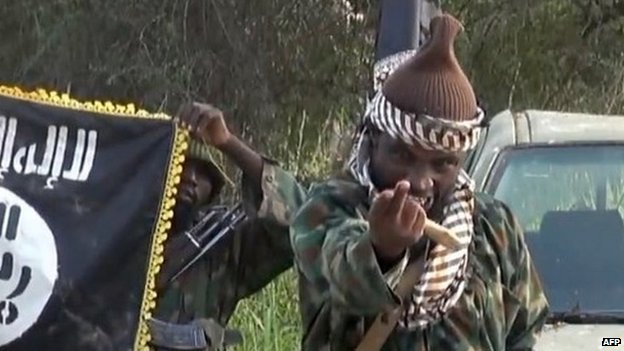As Many As 400 People Killed In A Fatal Attack At A Mosque
"They started shooting randomly at worshippers" - a witness who was near the mosque when the explosions began.
On 27 November, militants struck the central mosque in one of Nigeria's biggest cities. Explosions shook the mosque, in the northern city of Kano, during Friday Prayer, scattering worshipers and sending an enormous plume of black smoke into the air.
The site of one of several bomb attacks at the central mosque in the northern Nigerian city of Kano on Friday
Image via nyt.comA state deputy police commissioner, Sunusi Lemu, said 35 people had been killed and 150 wounded. But some estimates were far higher, as corpses quickly piled up in hospitals and some still lay on the ground.
“I was rushing to attend the mosque for the prayer when I heard a big sound and heavy smoke” rose into the sky said one witness, Ahmed Mohammed Soron Dinki. “It was terrible. I saw more than 50 dead bodies on the bare ground of the mosque, and the majority of the dead bodies are kids and their parents.”
Many more people were injured, with one rescue official putting casualty figures at almost 400. Officials said the attack bore all the hallmarks of Boko Haram militant group. However, no-one has so far claimed responsibility for Friday's assault.
Reuters reported that at least 81 people had died.
Nigeria's president has pledged "to leave no stone unturned" in tracking down the perpetrators of the mosque attack. He urged the nation "to confront the common enemy" after the gun and bomb attack during Friday's prayers in the northern city of Kano.
In a statement, President Jonathan ordered the country's security services "to launch a full-scale investigation and to leave no stone unturned until all agents of terror undermining the right of every citizen to life and dignity are tracked down and brought to justice".
He said Nigerian should "remain united to confront the common enemy".
He said the government would "continue to take every step to put an end to the reprehensible acts of all groups and persons involved in acts of terrorism".
Nigeria has been gripped by an Islamist insurgency for years, but the violence has been especially costly this year, with attacks on schools, markets, crowds watching soccer and entire villages
This week, two suicide bombers, at least one of them a woman, blew themselves up at a crowded market in Maiduguri, another northern city, killing dozens of shoppers and merchants. Two weeks earlier, a suicide attacker disguised as a student detonated a bomb at a boarding school in the north, killing nearly 50 boys and young men.
Much of the violence has been attributed to Boko Haram, the militant group that gained international notoriety by kidnapping more than 200 girls from a rural northern school in the spring.
Boko Haram killed more than 2,000 civilians in the first six months of 2014, carrying out an estimated 95 attacks, according to HRW
Boko Haram leader Abubakar Shekau has declared an Islamic state in the north-east
Image via bbcimg.co.ukThe latest explosions took place close to the palace of the emir of Kano, Alhaji Muhammad Sunusi II, who this month had called on Nigerians to resist Boko Haram and to defend themselves from the group. He was not believed to have been in the palace at the time of the attack.
The explosions occurred minutes after the start of Friday Prayer, causing pandemonium. The first blast was at a roadside, while the other two explosions took place in an open space within the mosque.
Two suspects in the attack were said to have been apprehended by people in the mosque. Angry protesters on the streets of Kano accused the police of negligence.


